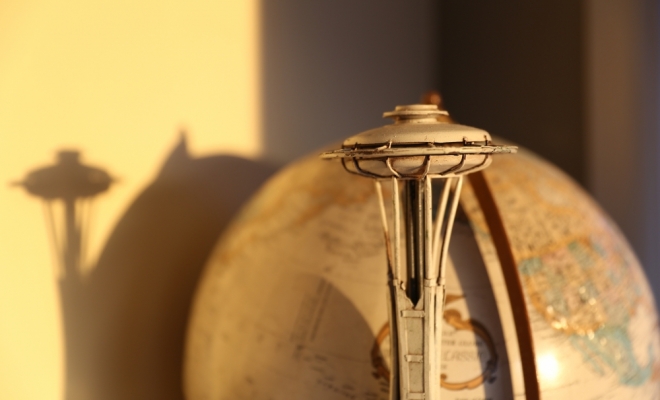
Addictions
Drugs And Loneliness
“You don’t deserve to be lonely but those drugs you’ve got won’t make you feel better.”
– Elliot Smith
Drugs temporarily solve the problem of existential loneliness and this is one of their biggest draws. They start out acting like good friends, creating the illusion of connection, filling up those lonely hours with their intoxicating effects.
The central place of loneliness in addictions is often overlooked, at least in part because a lot of addicts seem pretty outgoing and have a wide circle of social connections. But you can be surrounded by people and still feel deeply lonely. The question is not one of proximity, or of the number of acquaintances, but of the sense of true belonging, of connection, of love.
This lack of connection is what people struggling with existential loneliness face. They are confronted by the enormity of the cosmos and feel completely alone in the world. They are isolated and this sense of isolation is, from the existential point of view, a much more compelling reason why some people become addicts while others don’t than any genetic rationale. This is not to say that genetic predilections don’t play their part, only that the decisive factor comes down to whether people feel like they are a part of something or apart from everything.
Any relief from feeling apart is welcome, and this relief is what the drug of choice provides for an addict, at least for awhile. But it should be obvious that no drug can ever fill in for that underlying emptiness where authentic connection to life and people needs to be.

